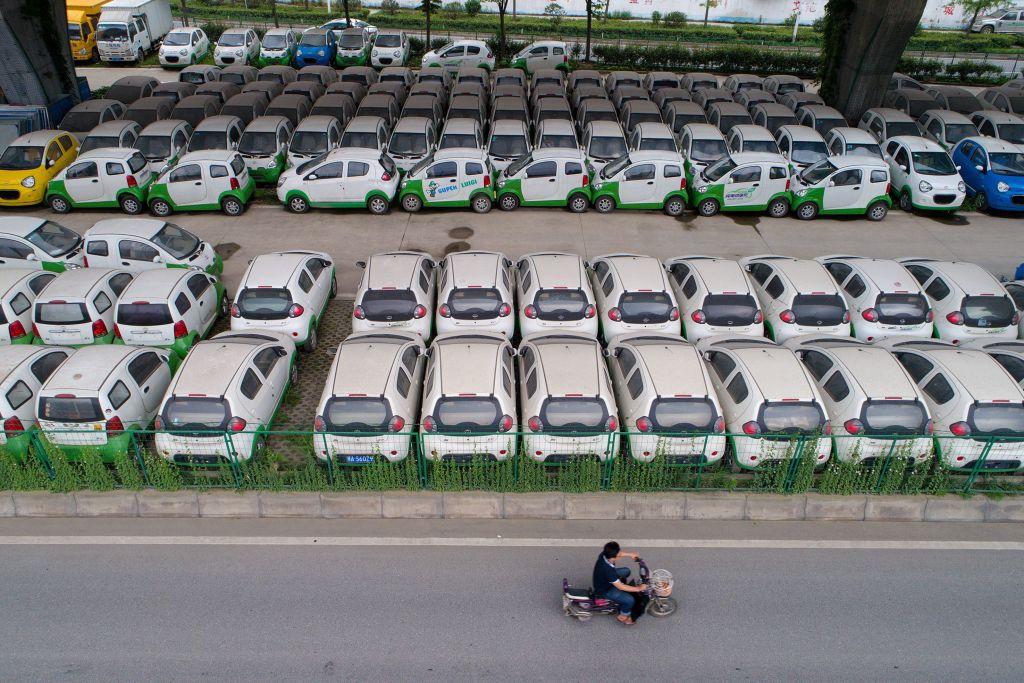China, a nation of bike riders, is now becoming a nation of e-bike and low-speed electric vehicle (LSEV) drivers. Since these light e-vehicles became a popular form of transportation, many owners complain they are given indiscriminate fines by the authorities.
Starting in March, various Chinese media reported that many local governments started a so-called special workforce to rectify the field of LSEV—including both three-wheeled and four-wheeled electric vehicles.




